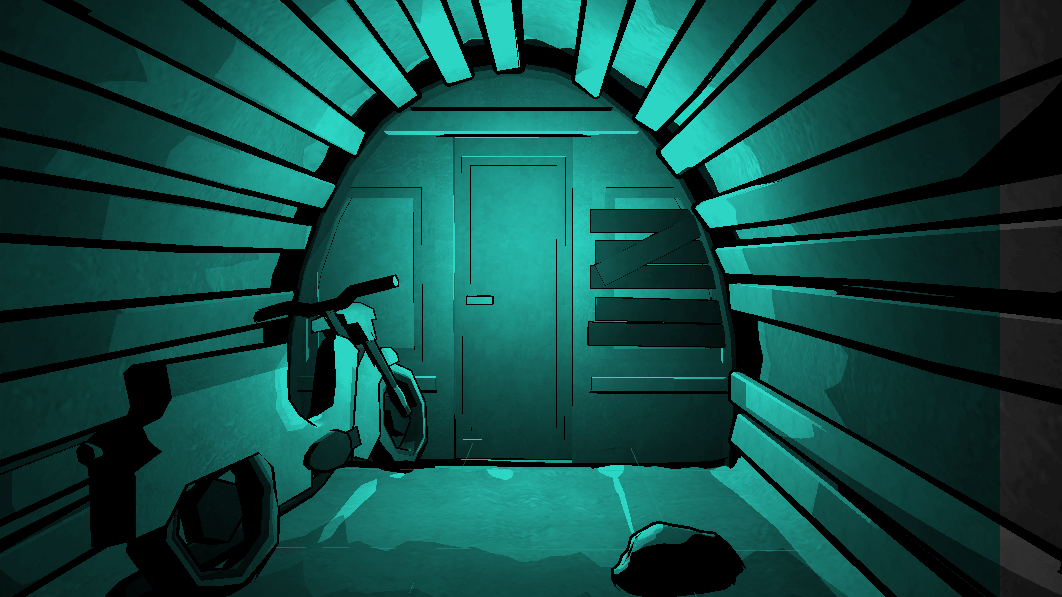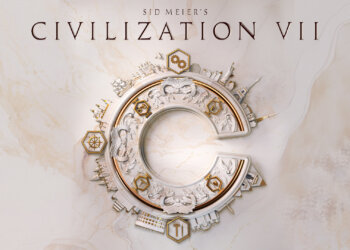Civilization 7 draws heavily from its predecessors yet forges its own path, introducing innovations that set it apart. Devotees of turn-based strategy will notice many familiar elements, but it’s the new Age System that truly ushers in fresh debates among players.
In this latest installment, Age Transitions redefine the game’s rhythm compared to earlier versions. Civilization 7 eschews the continuous timeline of Civilization 6, opting instead for a segmented approach, breaking the game into distinct phases. The heart of these is the Exploration Age, which serves as a pivotal bridge connecting the early development of your civilization to its mature form late in the game.
—
Among the several Ages introduced, the Exploration Age stands out, offering players innovation flexibility. Its historical basis is the Age of Discovery, a timeframe spanning from the 1400s to the 1600s, marked by the spread of colonialism and significant global transformations.
Civilization 7’s approach to civilizations and leaders is notably distinct. Previously, each leader was tightly bound to their civilization. Now, leaders are more versatile, pairing with various civilizations, allowing players to jump between different cultures as they progress. Although players have the freedom to explore various combinations, their choice of civilizations is somewhat limited by the era’s historical context. Many civilizations require specific conditions to be met before they become accessible, subtly encouraging players to follow historical lineage.
During the Exploration Age, players can command civilizations such as the Chola, Abbasid, Hawai’i, Inca, Majapahit, Ming China, Mongolia, Norman, Shawnee, Songhai, and Spain. These options enrich the gameplay and encourage exploration of different strategies.
The aim during the Exploration Age is straightforward. From the onset, your objectives are clear, and the game’s guided tutorial ensures you remain on course, particularly as you expand your reach across the sea—a fundamental strategy for success in this Age. The focus is on unlocking and exploiting Distant Lands through the Cartography Technology, critical for accessing previously unreachable areas rich in resources necessary for triumph.
True to its theme, the Exploration Age fosters a global interconnectedness, much like the historical era it represents. This interconnected world presents new challenges, as players must navigate both collaboration and competition with others while pursuing their goals.
—
Stepping back from individual gameplay mechanics, Civilization 7 as a whole breathes new life into Sid Meier’s iconic series. Players are invited to shape both their empire’s cultural lineage and the trajectory of human advancement. Whether expanding your cityscape, advancing technology, engaging in diplomacy, or waging war, the game offers a rich solo and multiplayer experience. Choose a path that honors history or carve your own legacy, building an empire that will echo through the ages. With a release date set for February 11, 2025, Civilization 7 promises to engage fans old and new with its strategic depth and innovative gameplay.















































